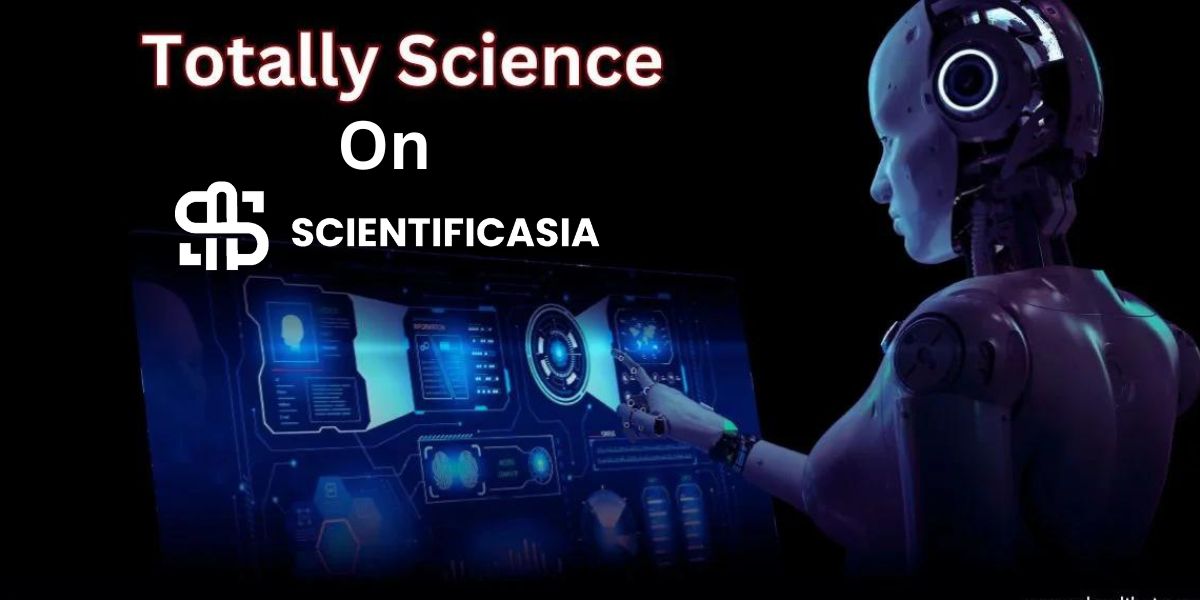Introduction to totally science
Totally science is more than just a subject in school; it’s the backbone of our modern world. From the way we communicate to how we understand health and technology, science permeates every aspect of our lives. But what exactly makes totally science so significant? It’s not just about theories and experiments. It’s about addressing real-world problems and driving progress. This blog will explore why totally science holds such importance, revealing its pivotal role in society, innovation, education, and even daily routines. Join us as we uncover the many layers that make totally science essential for everyone!
The role of science in society totally science
Science serves as the backbone of modern society. It informs our understanding of the world, drives innovation, and shapes public policy. From health to environmental issues, scientific discoveries guide decisions that affect daily life.
In healthcare, for instance, advancements in medical science lead to better treatments and improved quality of life. Vaccines have eradicated diseases that once plagued humanity.
Moreover, science helps address pressing global challenges like climate change. Research fuels sustainable technologies that promote a healthier planet for future generations.
The dialogue between scientists and the community also fosters informed decision-making. Open communication builds trust and encourages public engagement in scientific endeavors.
By bridging gaps in knowledge, science empowers individuals to challenge assumptions and embrace evidence-based thinking—a vital component of a thriving democracy.
Advancements and innovations due to scientific research
Scientific research fuels progress in every corner of our lives. From medical breakthroughs to environmental solutions, the impact is profound.
Consider healthcare; innovations like CRISPR gene editing allow for precise modifications at the genetic level. This technology holds promise for curing genetic disorders that were once deemed untreatable.
In renewable energy, solar and wind technologies have evolved dramatically. Scientists are now developing more efficient systems that harness nature’s power while reducing our carbon footprint.
The world of communication has transformed as well. Thanks to scientific advancements, smartphones keep us connected globally, enabling instant access to information and resources.
Even agriculture benefits from science with innovative practices such as vertical farming and genetically modified crops. These methods enhance food security and sustainability amid a growing population.
Each discovery leads to new possibilities, proving that scientific inquiry is crucial for ongoing development across various sectors.
How science impacts our daily lives totally science
Science is all around us, shaping our everyday experiences in countless ways. From the moment we wake up to the sound of an alarm clock, we’re engaging with scientific principles. The technology powering our devices relies on complex engineering and physics.
Consider your morning coffee. The chemistry behind brewing enhances flavor extraction while maintaining safety standards for food preparation.
When you step outside, environmental science plays a role in determining weather forecasts that guide our daily plans.
Health is another area where science shines brightly. Medical advancements allow us access to vaccines and treatments that save lives and enhance well-being.
Transportation systems also owe their efficiency to scientific innovation—from road designs influenced by physics to electric vehicles powered by cutting-edge research.
Every aspect of modern life feels the touch of totally science, making it essential for progress and comfort each day.
The importance of teaching science in schools
Teaching science in schools lays the groundwork for critical thinking. It encourages students to ask questions and seek evidence-based answers. This skill is crucial in a world saturated with information.
Science education fosters curiosity about the natural world. Students explore concepts like gravity, energy, and ecosystems. Such exploration ignites a passion for learning that can last a lifetime.
Furthermore, understanding scientific principles prepares students for future careers. Many industries rely on science and technology, making this knowledge essential for job readiness.
Engaging in hands-on experiments also enhances problem-solving skills. Students learn from trial and error, developing resilience along the way.
Teaching science promotes informed citizenship. In an age of climate change debates and health crises, citizens equipped with scientific literacy make better decisions at the polls and in their communities.
Controversies surrounding science
Controversies surrounding science often spark intense debates. They highlight the clash between established facts and emerging theories. This tension can create friction within both scientific communities and society at large.
Take climate change, for instance. While a consensus exists among scientists regarding its human-driven causes, skepticism still thrives in various sectors. Misinformation can cloud public understanding, leading to divided opinions.
Another contentious issue is genetic engineering. The potential benefits are vast, from curing diseases to enhancing food production. Yet ethical concerns arise about “playing God” or unintended consequences on ecosystems.
Vaccination is another hot-button topic that never fails to ignite discussion. Despite overwhelming evidence supporting their safety and efficacy, some groups remain resolute in their opposition due to personal beliefs or mistrust in pharmaceutical companies.
These controversies emphasize the importance of critical thinking and open dialogue in navigating complex scientific issues that affect our lives today.
Conclusion:
Totally science plays a crucial role in shaping our world. It fuels advancements that drive innovation across various sectors. From healthcare to technology, scientific discoveries enhance our quality of life and solve complex challenges.
The importance of teaching science cannot be overstated. Educating the next generation fosters critical thinking and curiosity about the natural world. This paves the way for future scientists who will continue to push boundaries.
While controversies exist within scientific discourse, they often lead to deeper understanding and progress. Open discussions can help clarify misconceptions and promote better policies based on evidence.
Totally science is integral not just for individual advancement but also for societal growth as a whole. Embracing its principles will enable us to navigate an ever-evolving landscape with informed perspectives.





